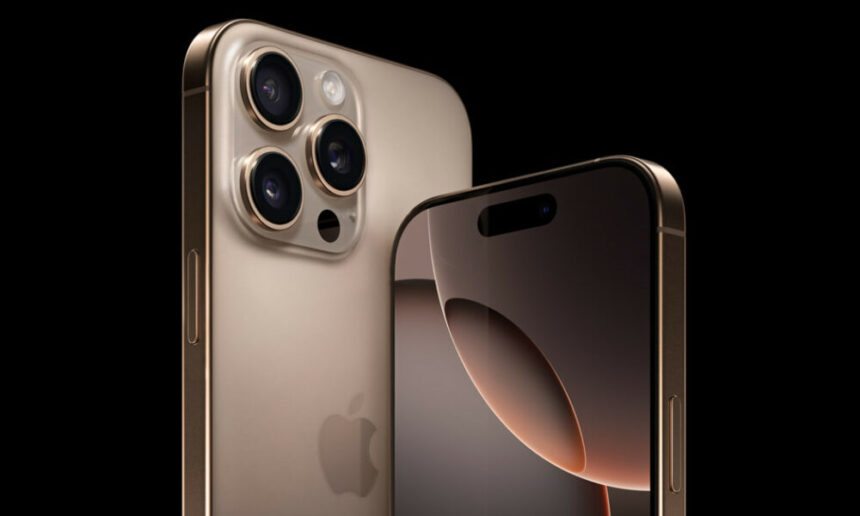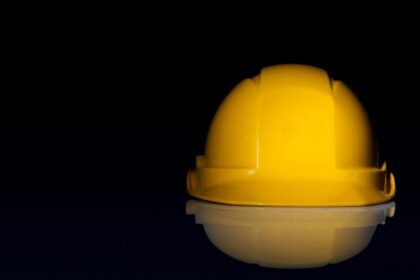Apple’s promise this year with the iPhone 16 camera is a smartphone that captures pictures like a professional camera. The claim is that the camera can do amazing things and is super cool. But the common question is: is it all just fancy words, or does it live up to the hype?
You’ll find the clear answer to this question today. We’re doing it by looking in-depth at the iPhone 16’s all-new camera control feature and deciding afterwards if it’s a real innovation or another marketing gimmick. A comparison with other phones will help us to decide where this new iPhone stands in the camera department.
Let’s begin this interesting exploration.
Analyzing the iPhone 16’s Camera Control Features
The new iPhone 16 camera is packed with wonderful features. Compared to the previous variants, the bigger lens lets more light in and helps take perfect pictures in low light. Moreover, it comes with a wider aperture. It is very useful for photography as it blurs the background and makes the subject stand out.
Apple’s intelligent software and clever computer tricks make your pictures look better and more real. It does so by getting help from multiple cameras, combining them, and making a perfect final shot. It also efficiently fixes issues in a picture, and changing colours appears natural and close to reality.
The new iPhone 16’s camera is much better than previous iPhone variants. Better low-light photography, vibrant colours and sharper pictures. However, the perfection is subjective, and the critics say the images look overly processed and the blurring effect is inconsistent.
On the whole, the iPhone 16 camera is worth some appreciation. Some of its features make pictures wonderful, and to call it the best camera in the market is a matter of opinion.
Real-World Testing and Performance
Fancy specs and numbers can be deceiving and not show the complete picture. Real-world performance matters, and testing it is also essential. Testing the best smartphone, like the iPhone 16, is important to decide how it performs in different scenarios.
Let’s imagine some scenarios. How does the iPhone 16’s camera function in low light? Can it take clear pictures at night or in dimly lit rooms? What about taking portraits? Can it blur the background nicely and make your subject stand out? And how about video? Can it shoot smooth, stable videos?
Based on our previous knowledge of iPhones, some clear predictions can be made. First, the iPhone 16 camera performs amazingly in low-light scenarios. It gets to the depth of the subject and produces fascinating results. It should also take perfectly blurred photographs, also known as portraits. Lastly, it should record stable and smooth videos with features like optical image stabilization.
Comparison to Competitors
Flagship smartphones like the Samsung Galaxy and Google Pixel have given tough competition to iPhone cameras for years. These phone cameras always come up with unique new features and innovations.
The area where the iPhone 16 takes a clear lead from the competitors is computational photography. The iPhone has always dominated this space with more advanced updates and features added to the inventory throughout the year. However, Samsung and Google are catching up to the computational photography of the iPhone, so the next few years are exciting for those who will take the lead.
Another area where the iPhone 16 might have an advantage is its ecosystem. Apple’s devices work seamlessly together, so the iPhone 16’s camera might be a better choice if you already have other Apple products.
Conclusion
In conclusion, the iPhone 16’s camera has the potential to be a game-changer. It has many impressive features and will likely take great pictures. However, it’s still too early to say how it will compare to the competition.
We’ll have to wait and see how the iPhone 16 performs in real-world testing. We’re also curious how its computational photography features stack up against other smartphones.
The iPhone 16’s camera is a promising addition to the smartphone market. But only time will tell if it’s truly a game-changer.








